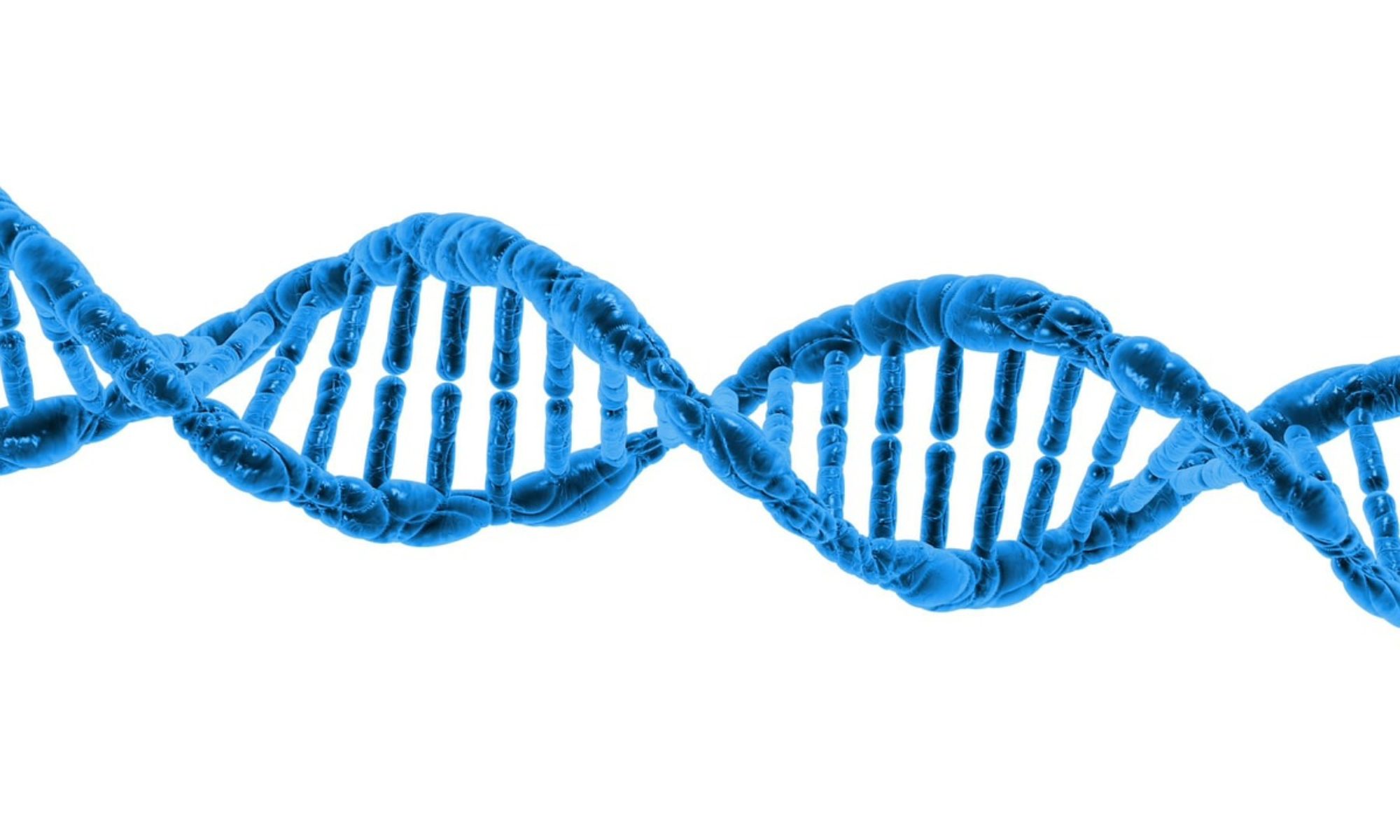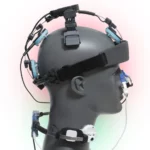As revealed in the three study abstracts posted below, researchers have recently been focusing their attention on plant based treatments for Alzheimers. Reviews of studies reveal promising results that provide an alternative to taking prescription medicines. Some of the more promising herbs are bacopa, ashwagandha, brahmi, cat’s claw, ginkgo biloba, gotu kola, lion’s mane and turmeric, though others have proved to be useful as well.
Research on Plant Based Treatments for Alzheimers
Brain Sci. 2025 Feb 19;15(2):215. Cholinesterase Inhibitors from Plants and Their Potential in Alzheimer’s Treatment: Systematic Review
Abstract
Introduction: Alzheimer’s disease (AD) is a neurodegenerative disorder characterized by memory loss and cognitive decline, primarily due to dysfunction of acetylcholine caused by acetylcholinesterase and butyrylcholinesterase.
While synthetic cholinesterase inhibitors like donepezil, rivastigmine, and galantamine are commonly used, they have notable side effects, prompting interest in natural alternatives.
Medicinal plants, rich in bioactive compounds like flavonoids and alkaloids, have shown potential as cholinesterase inhibitors with additional antioxidants and anti-inflammatory benefits. This study aimed to evaluate the cholinesterase-inhibiting effects of various plant species and their compounds to identify new therapeutic candidates and reduce side effects.
Method: A PRISMA-compliant review was conducted, screening studies from multiple databases, with a final inclusion of 64 in vivo studies.
Results: These studies highlighted plant extracts such as Ferula ammoniacum, Elaeagnus umbellata (Autumn olive), Bacopa, and Centella asiatica (Gotu Kola) which improved memory, reduced oxidative stress, and provided neuro-protection. Some extracts also reduced amyloid plaques, enhanced neuronal integrity, and restored cholinesterase activity, indicating their potential as therapeutic agents for AD and other neurodegenerative diseases.
Conclusions: The findings underscore the promise of plant-based compounds in treating cognitive decline and cholinergic dysfunction in AD, advocating for further research into their therapeutic potential.
********
Nutrients. 2025 Feb 12;17(4):653. The Potential Role of Phytochemicals in Alzheimer’s Disease
Abstract
Alzheimer’s disease (AD) is a neurodegenerative condition characterised by memory loss and cognitive disorders. The disease has been related to the presence of so-called senile plaques forming due to the buildup of amyloid β in the hippocampus.
The AD therapies developed to date continue to prove insufficient, while long-term exposure to synthetic drugs tends to lead to serious side effects, which is why potential herbal treatments are generally preferable to conventional drug regimens and, as such, have been under considerable research scrutiny in recent years.
There are a number of herbs, e.g., lavender Ginkgo biloba, that are already commonly employed in alleviating the symptoms of certain neurological disorders. In light of the above, the aim of the following paper is to discuss the importance of medicinal herbs, their neuro-protective properties, and their mechanisms of activity. The article presents a review of the identified therapeutic properties of phytomedicines that exhibit strong anti-Alzheimer’s disease (AD) activity.
********
Biomolecules. 2021 Apr 8;11(4):543. Neuroprotective Herbs for the Management of Alzheimer’s Disease
Abstract
Background-Alzheimer’s disease (AD) is a multifactorial, progressive, neurodegenerative disease that is characterized by memory loss, personality changes, and a decline in cognitive function. While the exact cause of AD is still unclear, recent studies point to lifestyle, diet, environmental, and genetic factors as contributors to disease progression.
The pharmaceutical approaches developed to date do not alter disease progression. More than two hundred promising drug candidates have failed clinical trials in the past decade, suggesting that the disease and its causes may be highly complex.
Medicinal plants and herbal remedies are now gaining more interest as complementary and alternative interventions and are a valuable source for developing drug candidates for AD. Indeed, several scientific studies have described the use of various medicinal plants and their principal phytochemicals for the treatment of AD.
This article reviews a subset of herbs for their anti-inflammatory, antioxidant, and cognitive-enhancing effects.
Methods-This article systematically reviews recent studies that have investigated the role of neuroprotective herbs and their bioactive compounds for dementia associated with Alzheimer’s disease and pre-Alzheimer’s disease. PubMed Central, Scopus, and Google Scholar databases of articles were collected, and abstracts were reviewed for relevance to the subject matter.
Conclusions-Medicinal plants (ashwagandha, brahmi, cat’s claw, ginkgo biloba, gotu kola, lion’s mane, turmeric) have great potential as part of an overall program in the prevention and treatment of cognitive decline associated with AD. It is hoped that these medicinal plants can be used in drug discovery programs for identifying safe and efficacious small molecules for AD.
Robert Rodgers PhD
Founder 2005
Alzheimers Recovery®
https://www.alzheimersrecovery.com




 that has engineered photobiomodulation devices which deliver the light therapy with head helmets and nasal applicators illustrated in the image to the right. Visit (
that has engineered photobiomodulation devices which deliver the light therapy with head helmets and nasal applicators illustrated in the image to the right. Visit (